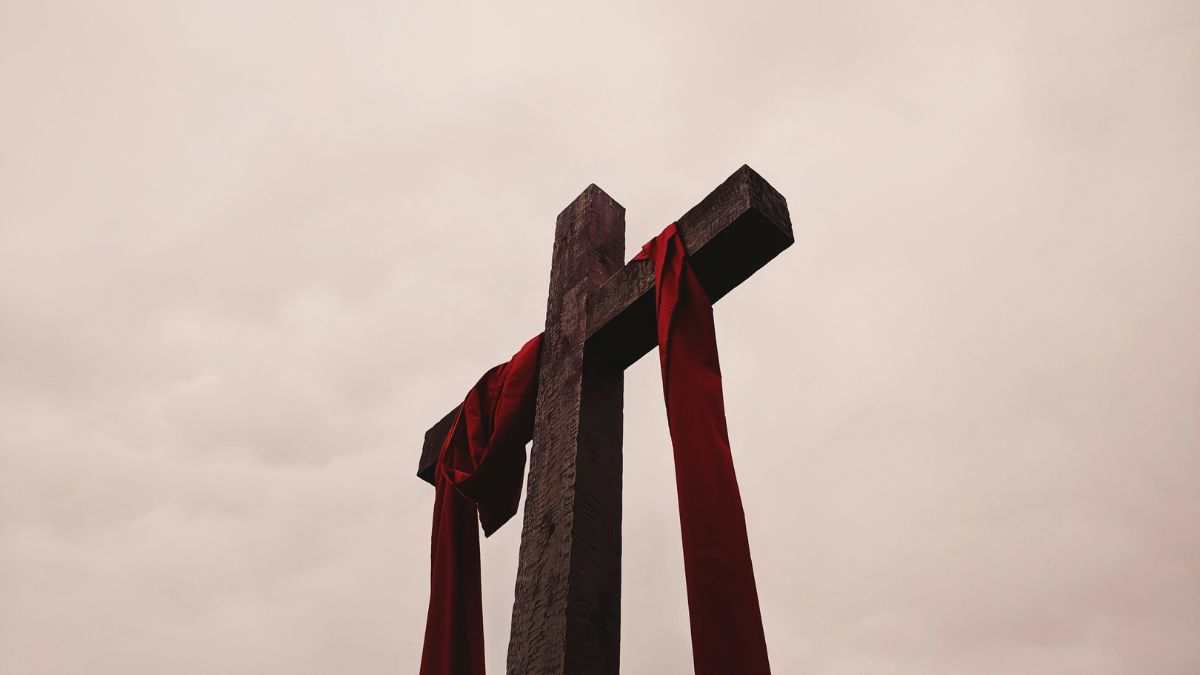

BreakPoint
Cheerless Children’s Books
There's a new batch of children's books out that just might give your children nightmares. No, I'm not talking about "Goosebumps" or other horror fiction. These new books, ironically, were actually written to help kids overcome their fears. "Let's Talk About Staying in a Shelter," one title suggests. Other books invite kids to talk about what happens when their parents divorce, or die, or get thrown in jail. In a book called "Daisy," about domestic violence, a little girl talks about how her father punches and kicks her. These books are part of a trend among children's book authors to confront kids with the harsh realities of life. The idea is to use stories to help children deal with their own problems. In fact, one of the most popular children's authors of all time, Maurice Sendak, says parents should not try to protect children from the dark side of life. The worst crime we can commit against children, Sendak argues, "is not teaching them to survive" in a world of AIDS and drive-by shootings. Sendak himself has come out with a book called "We Are All in the Dumps with Jack and Guy," about homeless kids who live out of a cardboard box. But do these books really do any good? In a book called "Books That Build Character," William Kilpatrick and his co-authors Gregory and Suzanne Wolfe say that the problem with issue-oriented books is that they offer children "no self- forgetfulness, no room to stand back and get a larger view." Instead, these books cater to anxiety and self-absorption. As a result, Kilpatrick writes, it's questionable whether they work even on a therapeutic level. A better approach to helping kids explore life's difficulties, Kilpatrick maintains, is through the use of fantasy, because fantasy provides the necessary distance. Kilpatrick relates the true story of a ten-year-old boy who struggled with cancer. As the child's mother recalls, "At first he was very upbeat, but after several painful treatments, his optimism faded. We were afraid that he was ready to give up. We were really afraid for his life." But then, his mother says, the boy "came upon the story of the labors of Hercules in a book of myths, and he read it and re-read it, and it seemed to give him back his spirit." As Kirkpatrick explains, "the story of Hercules allowed the boy to transcend his fears and to cast his personal struggle on a mythic level. He was probably fortunate," Kilpatrick adds, "that some well-meaning adult didn't hand him a book about a boy with cancer. That sort of thing often serves only to increase the depression." In the last few days we've talked about children's books that celebrate rebelliousness and childish behavior. We've learned about books that replace innocence with a world-weary cynicism. We've examined stories that subtly promote non-Christian philosophical views and horror stories that substitute shocks for a good plot and richly-drawn characters. The fact that books like these are flooding bookstores means that today more than ever, Christian parents must keep a close eye on what their children read, and help them find books that will develop their moral imagination. Books that will serve as literary springboards to a transformed life.
11/24/97















